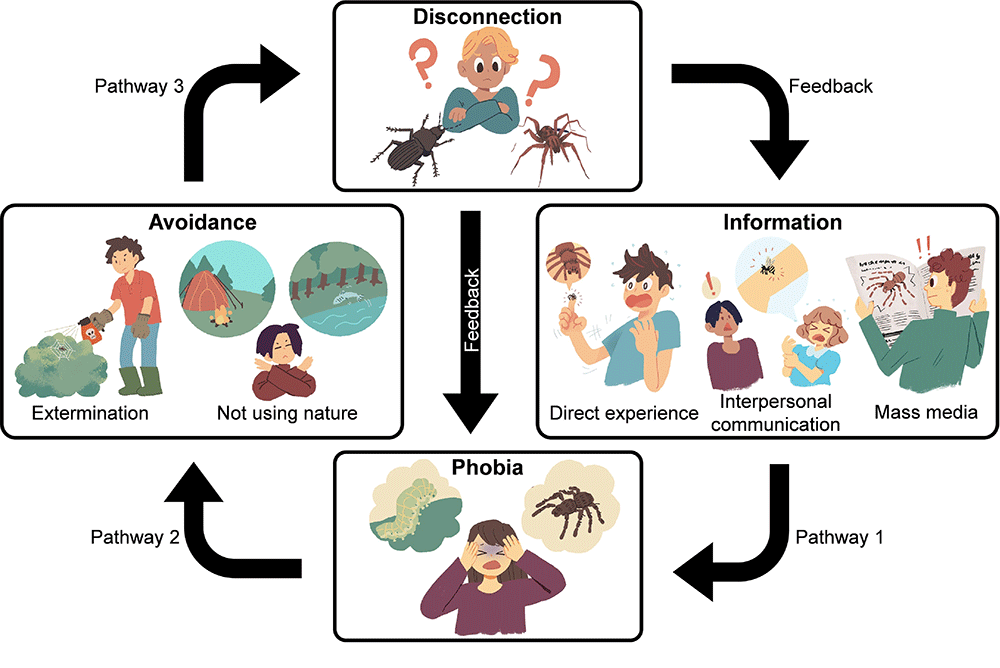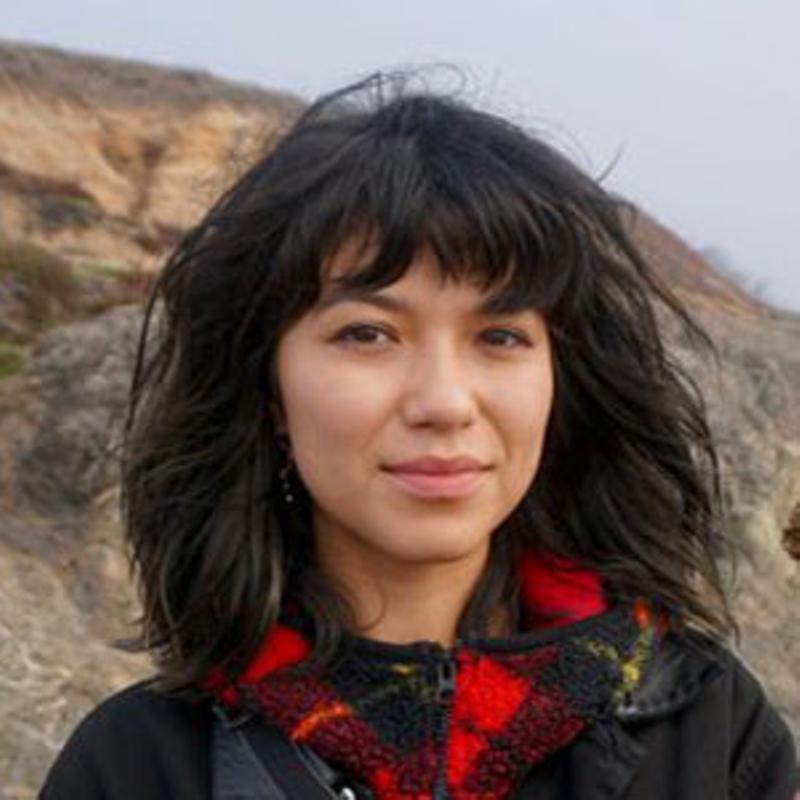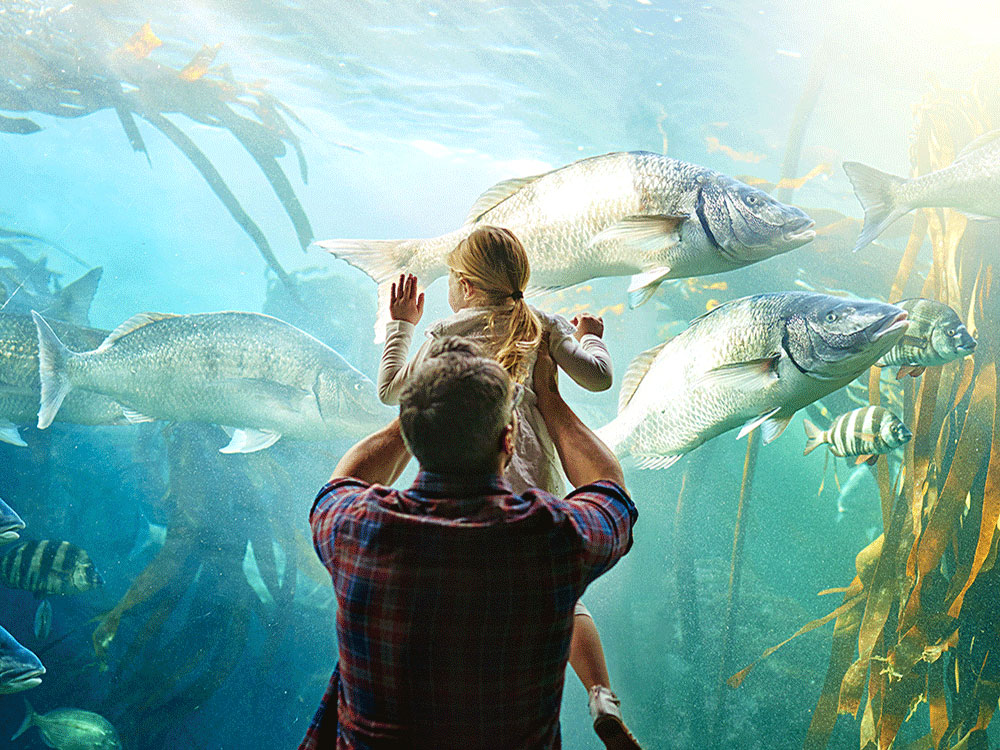When Masashi Soga was growing up in Japan, he loved spending time outside catching insects and collecting plants. His parents weren’t big fans of the outdoors, but he had an elementary schoolteacher who was. “They taught me how to collect butterflies, how to make a specimen of butterflies,” Soga recalls. “I enjoyed nature quite a lot.”
That early exposure helped foster Soga’s appreciation for nature, he says, and today, Soga is an ecologist at the University of Tokyo. Soga specializes in the psychological benefits of nature. He studies how people’s interactions with nature affect their attitudes toward it, and his research contributes to the growing body of scientific literature showing how spending time outside has a positive effect on people’s well-being. Within Soga’s field, research on biophilia — which explores the consequences of humans’ affinity for the natural world — is much more extensive than studies of biophobia, the fear of nature. But in a new opinion paper, Soga and a team of researchers argue that biophobia is a growing phenomenon that seems to be increasing with urban development.
They go a step further, positing that biophobia is being reinforced and proliferated through society in a vicious cycle, which can have harmful consequences for people’s well-being. Existing research already shows that people who are biophobic are less likely to support conservation efforts, meaning growing biophobia is hurting wild ecosystems as well.

To prevent or even reverse biophobia, it’s important to understand how it begins. The researchers’ vicious cycle of biophobia is based on the premise that humans tend to fear pain and seek to avoid it. Negative reactions like disgust can also lead to avoidance behaviour.
When a person begins to view nature as something to be avoided — because of direct experience, family or friends, or the media — it sets the stage for biophobia, say Soga and his colleagues. Over time, this may cause someone to increasingly avoid nature, or worse, try to eliminate it. The person’s progressively infrequent experiences with nature can lead to a feeling of disconnection. And since people are generally afraid of the unknown, this can feed into the phobia.
Even just one person’s phobia has worrisome implications, the researchers say. If a person lacks the knowledge to interact with wildlife safely, or never learns to tell the difference between approachable and potentially dangerous species, aside from avoiding nature, they become ignorant of the natural world. This ignorance often leads to the sharing of sensationalist stories and spreading of misinformation. The result is growing biophobia at the societal level and fewer people interacting with nature. And, since people are unlikely to protect something they fear, the end result is a cycle of environmental degradation.
To reverse the cycle, the researchers say, education is essential. Children are especially impressionable, and multiple studies show that early exposure to nature in a safe environment, such as with a schoolteacher or parent, greatly impacts their attitudes. Parents’ behaviours have a big impact on kids, too, Soga says.
Outside school, educational outreach programs at places like museums or parks can boost people’s knowledge about nature. Naturalist-guided walks, or activities like gardening, can provide firsthand positive interactions. In places where it’s not easy to access nature, Soga suggests virtual reality can play a role.
Creative solutions will be necessary because as cities grow bigger and denser accessing green space is increasingly difficult for many, especially those in lower-income communities, says Linda Powers Tomasso, an environmental health researcher specializing in human-nature interactions at the Harvard T. H. Chan School of Public Health in Boston who was not involved with the study. What used to be routine daily interactions with nature are disappearing, which is negatively impacting people’s attention spans, physical activity levels and resilience to stress, she says — not to mention the spiritual benefits of connecting with something larger than themselves.
While Powers Tomasso “absolutely agrees” with the researchers’ ideas, she points out that there is another mindset between biophilia and biophobia that leads to the same consequences as biophobia: indifference. “If you don’t care about something, you’re not going to take that next step to protect it,” she says. That’s why education, nature mentorship, and making natural places and urban green spaces welcoming and accessible are so important for conservation and human well-being, she says.
“We only protect and care for what we know, what we love,” Powers Tomasso says. “If we don’t have an opportunity to get to know something, we will never develop that sense of love.” ![]()
Read more: Science + Tech, Environment

















Tyee Commenting Guidelines
Comments that violate guidelines risk being deleted, and violations may result in a temporary or permanent user ban. Maintain the spirit of good conversation to stay in the discussion.
*Please note The Tyee is not a forum for spreading misinformation about COVID-19, denying its existence or minimizing its risk to public health.
Do:
Do not: